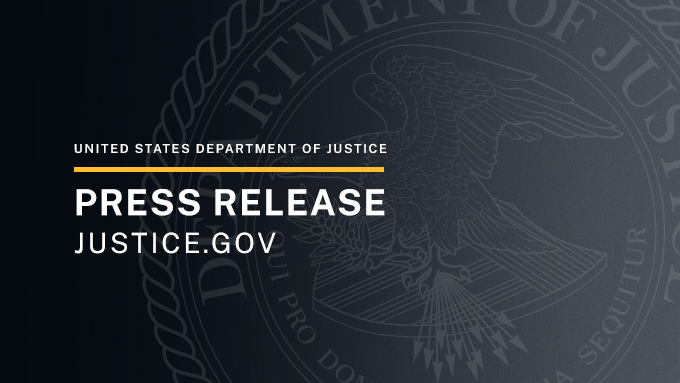averettpilot
Well-Known Member
Don’t know how interesting or uninteresting this is to pilots, or how willing we are to discuss the FAA’s archaic approach to medical issues in a public forum, but I’m interested to hear thoughts on this.
Are the disqualifying conditions fair?
Why not just report them?It has nothing to do with the actual conditions, and everything to do with the pilot's not reporting them to their AMEs.
Why not just report them?
Because they want their cake, and a chance to eat it.Why not just report them?
Because they want their cake, and a chance to eat it.
I find it infuriating when a vet tells me he's 100% disabled because of diabetes. But then doesn't want to jump through the FAA hoops.
Why not just report them?
Actually, some folks might need some interpretation. Technically, a military medical retirement (also called a disability retirement) is not a medical discharge and is not a disability benefit.Question 18y is about military disability benefits. That’s pretty explicit and hard to interpret otherwise.
Because in many cases they didn't know they had to, and in some cases they were worried that maybe they'd get into trouble.
Actually, some folks might need some interpretation. Technically, a military medical retirement (also called a disability retirement) is not a medical discharge and is not a disability benefit.

